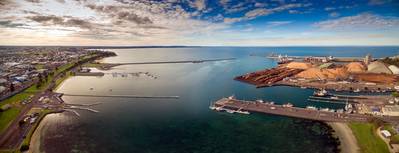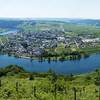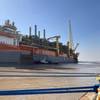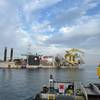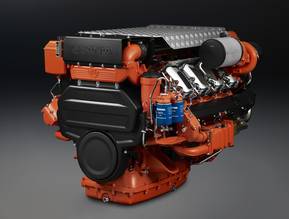Australia’s Portland to be Renewable Maritime Fuels Hub
Australia’s Victorian Government is backing a new feasibility study that could see Portland become home to one of Australia’s first green shipping fuel production hubs.
Minister for Regional Development Harriet Shing announced the new study for a renewable fuel manufacturing hub in the portside city, with A$500,000 invested through the Labor Government’s Portland Diversification Fund.
The feasibility study will be led by Portland H2 – a subsidiary of HAMR Energy – towards establishing a plant converting plantation forestry residue to green methanol. The study includes preliminary engineering and planning for the plant that would also include a 100-megawatt electrolyzer to produce renewable hydrogen from water.
HAMR Energy believes Portland is a prime location for a renewable methanol facility, located near Australia’s largest plantation forestry production area. As part of the feasibility study, it will investigate using plantation forestry residue, like harvest trimmings or damaged timber to produce green methanol.
Portland is also home to a deep-water port which sees 300 vessels and approximately five million tonnes of forestry product loaded each year.
The project is part of the Labor Government’s broader $17.4 million Portland Economic Diversification Plan which is supporting long-term economic growth in the Glenelg Shire through community-led projects and planning.
HAMR Energy has already signed an MoU with the Port of Melbourne, Maersk, ANL (a subsidiary of CMA CGM), Svitzer, Stolthaven Terminals, and ABEL Energy to explore the commercial feasibility of establishing a green methanol bunkering hub at the Port of Melbourne. The collaboration will examine a potential project involving the transportation of green methanol from HAMR Energy’s flagship project in Portland to Port of Melbourne for storage and bunkering services.



